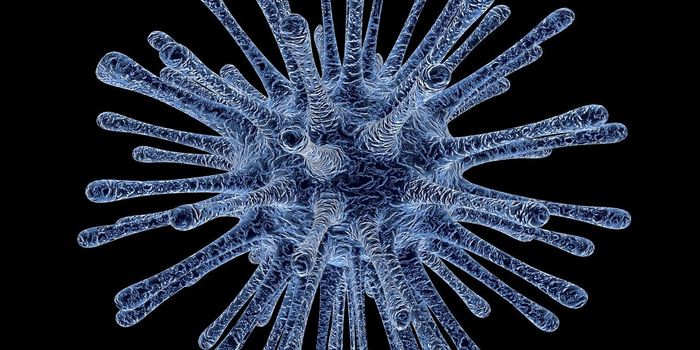Brand New DNA-Based Zika Vaccine Provides Complete Protection
The newest leap forward in Zika virus vaccine development is probably the most exciting yet. The vaccine, a DNA-based approach, was found to be both safe and effective at revving up the immune system to protect infected mice from Zika.
University of Pennsylvania scientists, in collaboration with The Wistar Institute, Inovio Pharmaceuticals, and GeneOne Life Science, Inc., created GLS-5700, a synthetic DNA vaccine, which was tested for safety in a Phase 1 clinical trial in humans and for efficacy in mice models of Zika virus infection.
While researchers did not infect human participants with Zika virus to make sure the vaccine was working, they were able to confirm that the vaccine successfully evoked an immune response against the Zika virus in just three doses over several weeks. The safety trial included 40 participants; half received a one milligram dose of the vaccine, the other half received two milligrams.
All of the participants developed Zika-specific antibodies, and a large majority (80 percent) developed significant neutralizing antibodies, which neutralize the effects of the virus as opposed to binding and tagging them for destruction by other immune cells. Participants reported little to no adverse effects, only injection site pain, redness, and swelling, which you might see with any vaccine injection.
"This novel DNA vaccine was developed and implemented in just months via a platform that has advantages in temperature stability, storage, dose, and distribution compared to most traditional vaccines, making DNA vaccines an important tool to respond quickly to curb an emerging epidemic,” explained co-lead author The Wistar Institute’s David Weiner, PhD.
The blood from the human patients injected with the vaccine (containing the Zika-specific and neutralizing antibodies) successfully protected immunocompromised mice that had been exposed to the Zika virus.
"With these new results, we are one step closer to hopefully finding a way to prevent infection, which can cause serious birth defects and developmental delays in babies born to women who are infected with Zika,” said lead author Pablo Tebas, MD.
More studies will be done to ensure the vaccine will be effective at stimulating the immune system and preventing disease in humans. Tebas believes the new vaccine has “great promise” for being applied also to Chikungunya, West Nile Virus, Pandemic Influenza and Ebola.
The present study was published in the New England Journal of Medicine.
Sources: Medscape, University of Pennsylvania School of Medicine









